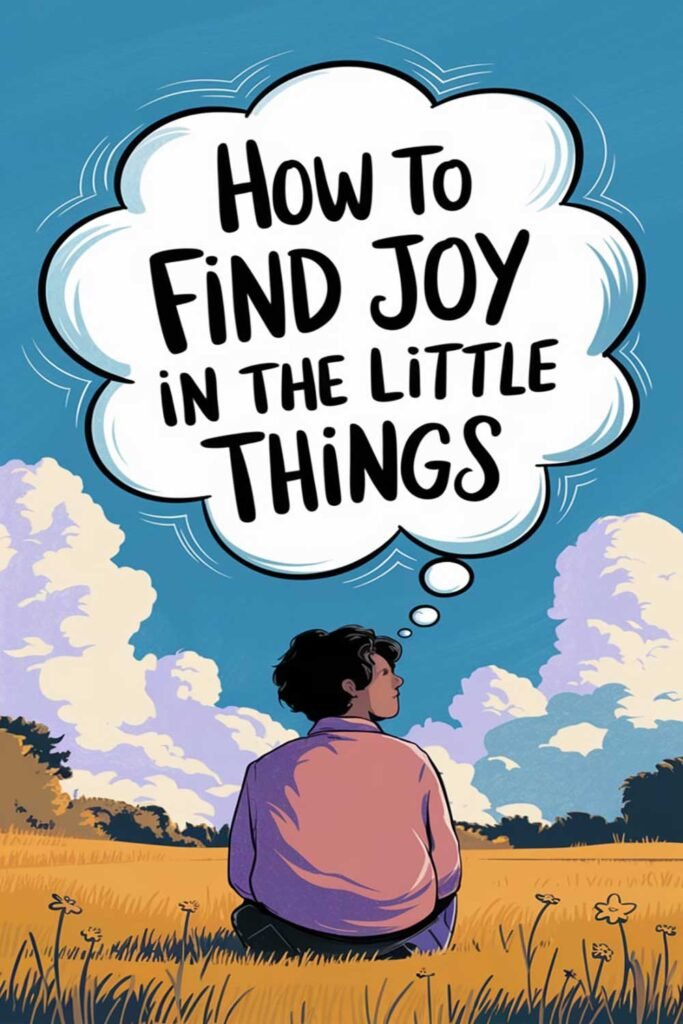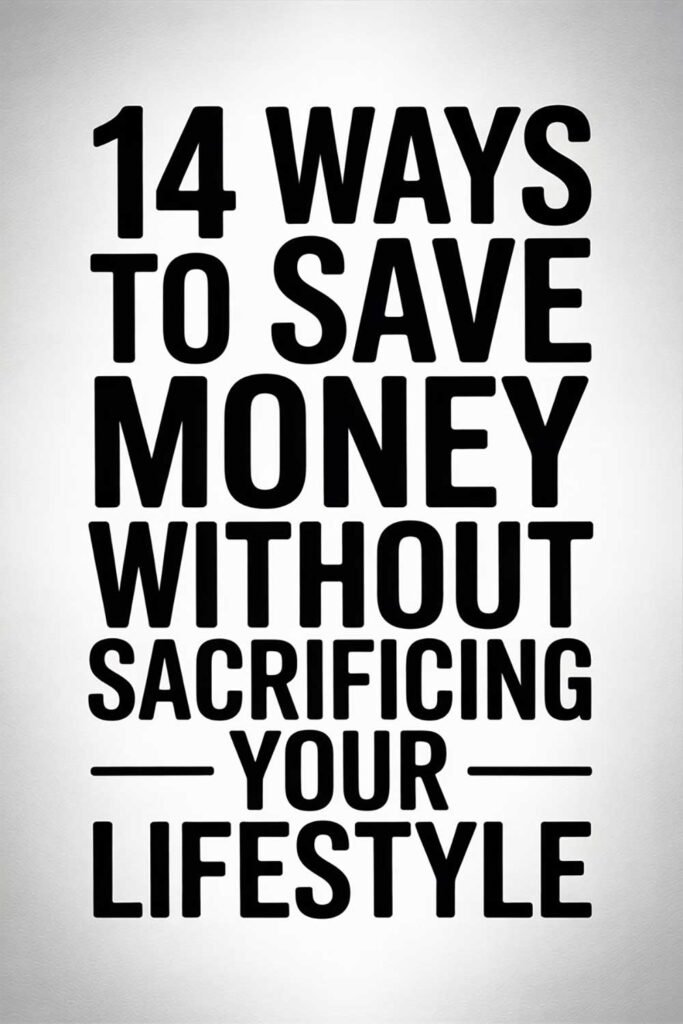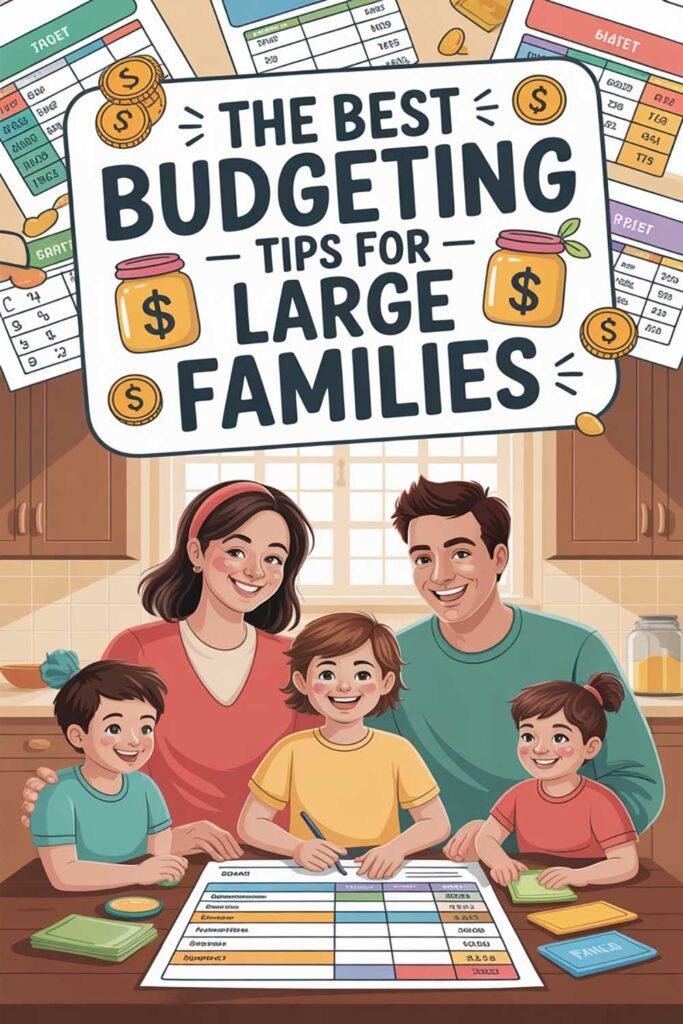
How to Start the Money Conversation With Your Partner
Talking about money with your partner can feel intimidating, awkward, or even risky. But open and honest financial communication is one of the most powerful things you can do for your relationship. It builds trust, strengthens emotional bonds, and helps ensure long-term success—financially and personally.

Whether you’re in a brand-new relationship or have been together for years, this in-depth guide will show you how to have meaningful, productive, and even empowering conversations about money. We’ll explore what makes financial talks hard, how to ease into them, and real-life examples of couples who’ve transformed their connection by talking openly about their finances.
Why Money Conversations Are Crucial in a Relationship
Money is one of the leading causes of tension, stress, and even breakups. But it’s rarely just about the money itself—what really causes issues is the lack of communication around it. When couples don’t talk about finances, assumptions take over, resentment grows, and misunderstandings become inevitable.
When you do have those honest conversations, amazing things happen:
- You create financial goals together instead of pulling in different directions.
- You learn more about each other’s values, fears, and priorities.
- You eliminate confusion around bills, spending, saving, and debt.
- You work as a team, building a future that reflects both of your dreams.
The Problem With Avoiding the Talk
Many people were raised in homes where money wasn’t talked about—or where it was a source of conflict. So we avoid it. But in relationships, avoidance doesn’t protect peace—it creates distance. When money stays a taboo subject, fear and anxiety can grow quietly until it erupts.
Having the conversation might feel hard at first, but it’s the very thing that can bring more peace into your home.
The Best Time to Talk About Money
There’s no “perfect moment,” but some times are definitely better than others.
- Don’t wait for a financial emergency. Talk when you’re calm and not under pressure.
- Choose a relaxed environment. A cozy night in, a walk through the park, or brunch on a Sunday can all work well.
- Treat it as ongoing. One talk won’t solve everything. Plan for regular money check-ins.
How to Start the Money Conversation Without Conflict
Bringing up money can feel vulnerable. But starting the conversation the right way can change everything.
1. Start With Empathy and Curiosity
Instead of launching into a list of concerns, begin by saying something like:
“I’d love to talk more about how we both see money. I want us to feel really aligned in our goals.”
This shows that you’re coming from a place of unity, not blame.
2. Use “I” Statements
This keeps the focus on how you feel, not what your partner is doing wrong:
“I feel more confident when we have a plan for big expenses.”
3. Be Transparent About Your Intentions
Let your partner know you’re not trying to control anything—you just want to be on the same page.
“This is important to me because I care about our future together.”
Key Money Topics to Cover
When the conversation begins, don’t try to cover everything at once. But over time, here are key areas you’ll want to explore:
1. Financial Goals
What do you each want in the next year? Five years? Do you want to buy a house, travel, save for kids, retire early?
2. Spending Habits
Is one of you a saver and the other a spender? How do you define a “big” purchase? What are your financial priorities?
3. Debt and Credit
Lay all the cards on the table. Student loans? Credit cards? Auto loans? It’s not about judgment—it’s about teamwork.
4. Monthly Budget
What’s your household income? How much is going to bills, fun, savings, and debt?
5. Emergency Fund
Do you have one? How much would you need to feel secure?
6. Joint or Separate Accounts
Are you blending your finances? Keeping things separate? Doing a combination? What’s working—and what isn’t?
7. Money Mindsets and Upbringing
What messages did each of you receive about money growing up? This can explain a lot of current behavior.
Real-Life Stories: Couples Who Made It Work
Jasmine and Leo: Budgeting Saved Their Marriage
After three years of financial arguments, Jasmine and Leo sat down and created their first shared budget. They used a simple spreadsheet and dedicated one night a week to talk money. Within six months, their credit card debt was cut in half—and they stopped fighting altogether.
Tamika and Arlo: Different Views, Same Goal
Tamika believed in investing early and aggressively. Arlo preferred keeping everything in savings. They clashed constantly until they sat down with a financial coach. Today, they split their approach—half goes to savings, half to long-term investing—and they’ve never felt more aligned.
Monica and Dev: Turning Secrets Into Strength
Dev had $20,000 in secret debt he was ashamed to share. Monica was shocked, but decided to approach the situation with love instead of anger. They made a plan together, and today they’re almost completely debt-free.
Tools to Make the Conversation Easier
- Use budgeting apps like YNAB, EveryDollar, or Mint to get a clear view of your spending.
- Write down goals and revisit them every month together.
- Make a vision board of your future—travel, home, kids, retirement. Get excited about what you’re building.
- Read a financial book together and use it as a conversation starter (like Smart Couples Finish Rich by David Bach).
Common Money Conversation Mistakes
1. Being Accusatory
Avoid phrases like “You never…” or “You always…” Focus on the problem, not the person.
2. Trying to Fix Everything in One Sitting
Start with one topic. Don’t try to create a budget, pay off debt, and invest by bedtime.
3. Avoiding the Talk Altogether
Silence creates confusion. Talk early, talk often—even when it’s not perfect.
20 Quotes About Money and Relationships
- “Money reveals what we value most.” – Unknown
- “Love is priceless, but budgeting is essential.” – Unknown
- “Honest conversations create wealthy relationships.” – Rachel Cruze
- “Transparency is the cornerstone of trust.” – Brené Brown
- “Financial peace requires open communication.” – Dave Ramsey
- “Money can be a weapon or a tool. Choose wisely.” – Suze Orman
- “Don’t marry your money habits—marry your financial goals.” – Unknown
- “The strongest couples are the ones who talk about everything.” – Unknown
- “Shared goals create shared success.” – Unknown
- “Your net worth isn’t your self-worth, but your honesty is priceless.” – Unknown
- “Budgeting shows you care about your future together.” – Unknown
- “When love and finances work together, you build more than wealth.” – Unknown
- “Understanding starts with listening, not leading.” – Unknown
- “Debt can divide or unite—it depends on the plan.” – Unknown
- “A successful marriage is built on faith, friendship, and finances.” – Unknown
- “Communication is the best currency of any relationship.” – Unknown
- “Discussing money is an act of love, not judgment.” – Unknown
- “What you avoid today becomes tomorrow’s regret.” – Unknown
- “Budget together, dream together, grow together.” – Unknown
- “Couples who save together stay together.” – Unknown
Picture This
Imagine sitting down with your partner in your favorite cozy spot. You each have a warm drink in hand. There’s no tension—just curiosity and care. You pull out a notebook, and together you start mapping out your shared goals: a vacation next summer, a future home, a savings plan.
You feel heard. You feel aligned. You’re not afraid of what’s ahead, because you’re facing it together. That’s the power of financial unity. That’s what’s waiting when you start the money conversation.
Please Share This Article
If this article helped you feel more prepared to talk about money with your partner, please share it with someone who might need it too. Forward it to a friend, post it on social media, or bring it up in a conversation. You never know how much of a difference it could make for someone else.
Disclaimer
This article is for informational purposes only and based on personal experience and common relationship strategies. It is not a substitute for professional financial or marital advice. Always consult with a licensed advisor for your specific needs.






